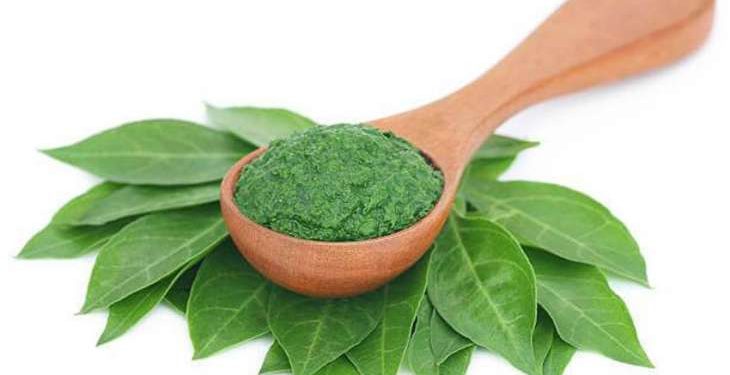In the modern age, diabetes has become widespread and persistent problem in India.
In general, there are two main types of diabetes – type 1– diabetes in which the body does not produce insulin at all and type 2– diabetes in which the body does not produce enough insulin or the insulin that is produced does not work properly to absorb sugar from our blood.
This hormonal disorder can lead to heart diseases, strokes, kidney failure, liver damage and cataract, apart from other less serious health problems. With the sweet disorder becoming increasingly common and life-threatening, there are some simple home remedies to prevent diabetes from taking your life.
Here are the top 10 home remedies you should use to fight diabetes:
- Aloe Vera
Aloe vera gel helps lower fasting blood glucose levels. The combination of aloe vera gel, bay leaves and turmeric is helpful for controlling blood sugar. Aloe vera juice can also decrease blood fat and swelling, a common side effect of diabetes.
- Guava
Due to its high vitamin C and fiber content, eating guava can be really helpful in maintaining the blood sugar level. It slows down metabolism, allowing better absorption of sugar from food to lower blood sugar.
- Basil (tulsi) leaves
The leaves of holy basil are packed with antioxidants and essential oils to increase sensitivity to insulin. You can have two to three tulsi leaves whole or about one tablespoon full of its juice on an empty stomach to lower the blood sugar levels.
- Neem
The bitter leaf of neem is an effective cure for diabetes. Neem enhances insulin receptor sensitivity and lowers blood glucose levels. It has been found that it reduces the need for insulin by the body by up to 60%.
- Bitter Gourd (Karela)
Bitter gourd is helpful in controlling diabetes. Karela tends to influence the glucose metabolism all over the body. It increases pancreatic insulin secretion to prevent insulin resistance. It’s ideal to drink bitter gourd juice on an empty stomach each morning.
Also, you can include one dish prepared with bitter gourd daily in your diet for maximum benefit.
- Cinnamon (dalchini)
Cinnamon controls diabetes and reduces blood sugar levels. However excess intake can lead to breathing problems and increase the heart rate, causing excessive sweating.
You can mix one-half to one teaspoon of cinnamon in a cup of warm water and drink it daily. You can also add cinnamon to tea, smoothies and baked desserts.
- Fenugreek (methi)
Fenugreek can also be used to control diabetes, improve glucose tolerance and lower blood sugar levels since it is high in fibre. Eating this slows down our digestion, allowing blood sugar to be absorbed properly.
You can soak two tablespoons of fenugreek seeds in water overnight and drink the water along with the seeds in the morning on an empty stomach.
- Indian Gooseberry (Amla)
Indian gooseberry or Amla juice also promotes proper functioning of pancreas which initiates production of insulin to lower blood sugar from the body.
You can take 2-3 amla fruits, remove the seeds and grind it into a fine paste. Then put the paste in a cloth and squeeze out the juice. Mix two tablespoon of the juice in one cup of water and drink it daily on an empty stomach to reduce your insulin resistance.
- Black Plum or Indian Blackberry (Jamun)
Black plum or jamun can help a lot in controlling blood sugar level. Almost every part of the Jamun plant like the leaves, berry and seeds is a superfood for those suffering from diabetes.
You can make a powder of dried seeds of jamun fruit and eat this powder with water twice a day.
- Mango Leaves
The delicate and tender mango leaves can be used to control diabetes by regulating insulin levels in the blood. The leaves contain Vitamin C, A and tannins, which are powerful antioxidants that help in early treatment of diabetes.
To use this, soak 10 to 15 mango leaves in a glass of water overnight. In the morning, filter the water and drink it on an empty stomach.
- Curry Leaves
Curry leaves are useful in preventing and controlling diabetes as they slow down the rate of starch-to-glucose breakdown in people with diabetes, according to research at King’s College, London.
PNN






































